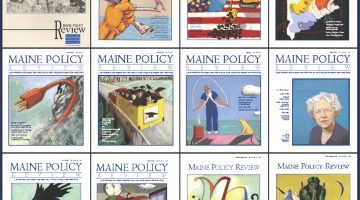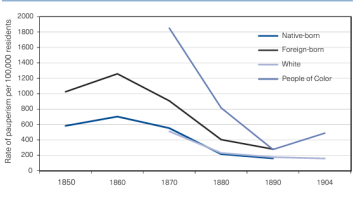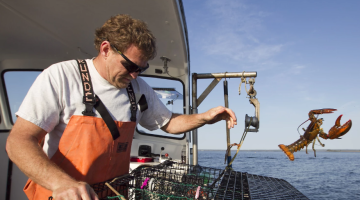S3E7 The Tale of Maine’s Public Lots: Loss and Recovery
This episode of Maine Policy Matters focuses on an article by Richard Barringer, Lee Schepps, Tomas Urquhart, and Martin Wilk titled “Maine’s Public Reserved Lands: A Tale of Loss and Recovery.” The authors tell the story of Maine’s public reserved lots and their history to show how efforts to maintain these lots has preserved Maine’s […]
Read more








